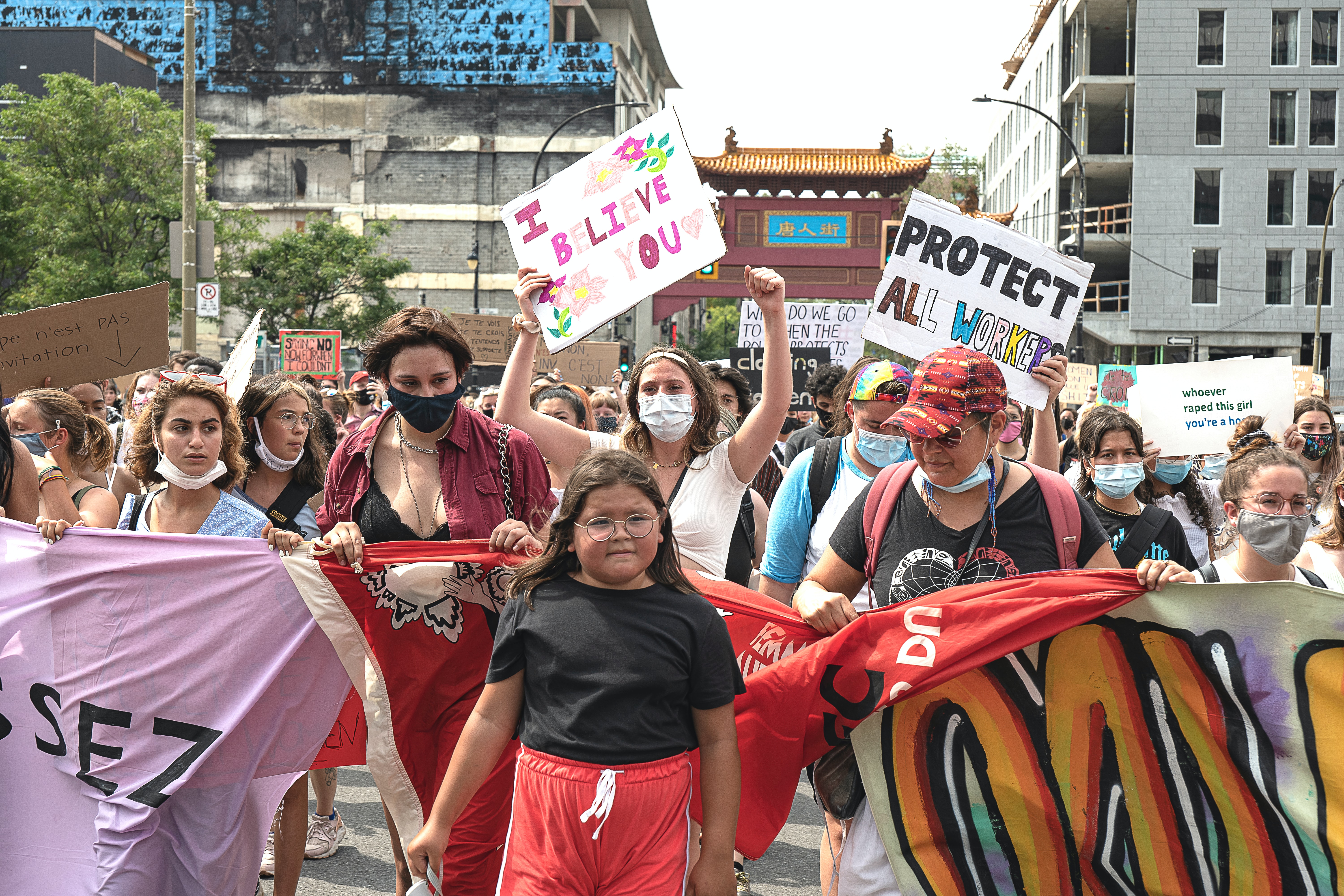by Johanna L. Gusman, M.Sc., J.D.*
Last month, leaders from around the world gathered in New York for the 72nd Session of the United Nations General Assembly (UNGA), where the General Debate opened on the issue of ‘Focusing on People: Striving for Peace and a Decent Life for All on a Sustainable Planet’. Discussing global climate action was squarely on the agenda, which is certainly timely as natural disasters have nearly quadrupled in number since 1970. The United States and the Caribbean are still coping with the recent hurricane-induced devastation, and one of the world’s largest polluters is seriously considering backing out of its commitment to the Paris Agreement, which is (ironically) the very country that hosted this year’s UNGA. Even without the United States’ commitment to the international community on climate change, overall implementation of climate action policies is well below what is needed to address the enormity of this threat. It is a situation that has scientists, environmental activists and concerned citizens alike calling for more than just continued rhetoric. Yet, in all the dialogues, there is one invasive and not openly talked about issue that must receive more attention if real strides are to be made: fossil fuel industry interference in climate change policy making.
The Paris Agreement calls for countries around the world to abide by State-sanctioned pledges known as ‘nationally determined contributions’, many of which include drastically reducing greenhouse gas (GHG) emissions by limiting domestic dependency on fossil fuels. Trouble is, the United Nations Framework Convention on Climate Change (UNFCCC) provides observer status to the trade associations of some of the world’s most powerful fossil fuel corporations such as ExxonMobil, Shell, and British Petroleum—all of which lobby heavily against policies aimed at doing precisely what countries have pledged to do: limit the most abundant form of GHG, carbon dioxide, the product of burning fossil fuels. This constitutes an irreconcilable conflict in climate change policymaking that should bar industry representatives from being granted access to negotiations that work to limit the consumption of the product from which they profit.
The UN is failing to learn its own lesson on this. One excellent way to limit undue industry influence on global policy making can be found in the international UN legal precedent of Article 5.3 of the World Health Organization’s Framework Convention on Tobacco Control (WHO FCTC), which requires that Parties, in setting and implementing policies with respect to tobacco control, must act to protect public health interests from the commercial and other vested interests of the tobacco industry in accordance to national law. The WHO FCTC derives much of its success in protecting human health from its recognition that the tobacco industry has for years operated with the express intention of subverting the role of governments and of the World Health Organization in implementing public health policies to combat the tobacco epidemic. Climate change leaders would be well-advised to explicitly adopt a similar approach to help fight against corporate capture of their policymaking process. Because just like the tobacco industry has commercial interest in preventing tobacco control, the fossil fuel industry has a powerful vested interest in preventing climate change action.
However, even though the UNFCCC has the mandate to stabilize GHG emissions to prevent dangerous human contributions to climate change, it has yet to take up the fundamental task of reigning in the powerful corporations that extract, burn and sell fossil fuels. In fact, it has not formally acknowledged that the fossil fuel industry’s products and practices have contributed to much of the environmental havoc wreaked on people and this planet nor has it condemned the fact that the industry has actively worked to escape the responsibility for and the consequences of its product when such havoc occurs. What’s more, there is little recognition that the fossil fuel industry has failed to significantly invest in the research and development necessary to make its products and practices safe or to provide any meaningful, sustainable alternatives.
Admittedly, the role of fossil fuel companies, and by extension fossil fuels, in our managed retreat from a carbon-intensive economy is far more complex and nuanced than the tobacco industry and its role in the tobacco epidemic. The tobacco industry provides next to zero benefit to the world and the litany of damning court cases shows that the tobacco industry is an easy villain. It is much harder to convincingly explain the exact nature of the culpability for the impending climate crisis and the specific roles that the fossil fuel industry should have in the necessary collective response. However, where there exists an obvious, irreconcilable conflict that is incompatible with the very spirit of the UNFCCC—the fossil fuel industry has no interest in keeping fossil fuels in the ground as it goes against the essence of its business model—it must be openly addressed. If global leaders are serious about focusing on all peoples and a sustainable planet, recognizing the lengths to which certain transnational corporations will go to protect financial interests over environmental ones is surely an easy step forward in the right direction.
A corporation’s first duty is to its shareholders—nothing else. Fossil fuel shareholder interests (i.e. profit) should not dictate climate change policies, and their influence should, therefore, be limited. Otherwise, we are letting those who do not have to play by the rules, make the rules. Thus, what must remain non-controversial is that in setting and implementing climate change policies, UNFCCC Parties must act to protect public health and environmental interests from the commercial and other vested interests of the fossil fuel industry; not have to sit at the table and negotiate with them. To trust that this makes no difference to UNFCCC policies is not only illogical; it is insane. Believing otherwise amounts to much more than merely allowing the fox to guard the proverbial henhouse. It is akin to letting the fox gobble up the hens at its leisure and then arming it against any attempts at rescue by the farmer.
*Johanna Gusman is a visiting researcher at Mansfield College and an international human rights lawyer with an interdisciplinary background in health and law. She studied as a Gates Public Service Law Scholar, was awarded a Fulbright Public Policy Fellowship at Samoa’s National Human Rights Institute, and recently served as a Technical Officer with the World Health Organization (WHO FCTC) where she was the focal point on human rights, liability as well as trade and investment issues. Johanna will be working with the Institute of Human Rights as she completes her work on the Framework Convention on Tobacco Control project (WHO).



I think this is a wonderful article. It really shows how internationally, the things that are going on to help protect this world and make it a better place when it comes to our environment. A lot of people don’t understand the extraordinary impacts that they have on the environment and when it comes to climate change. It is posts like this that help people think and try to make change occur.